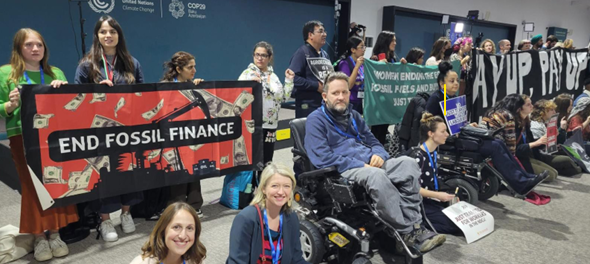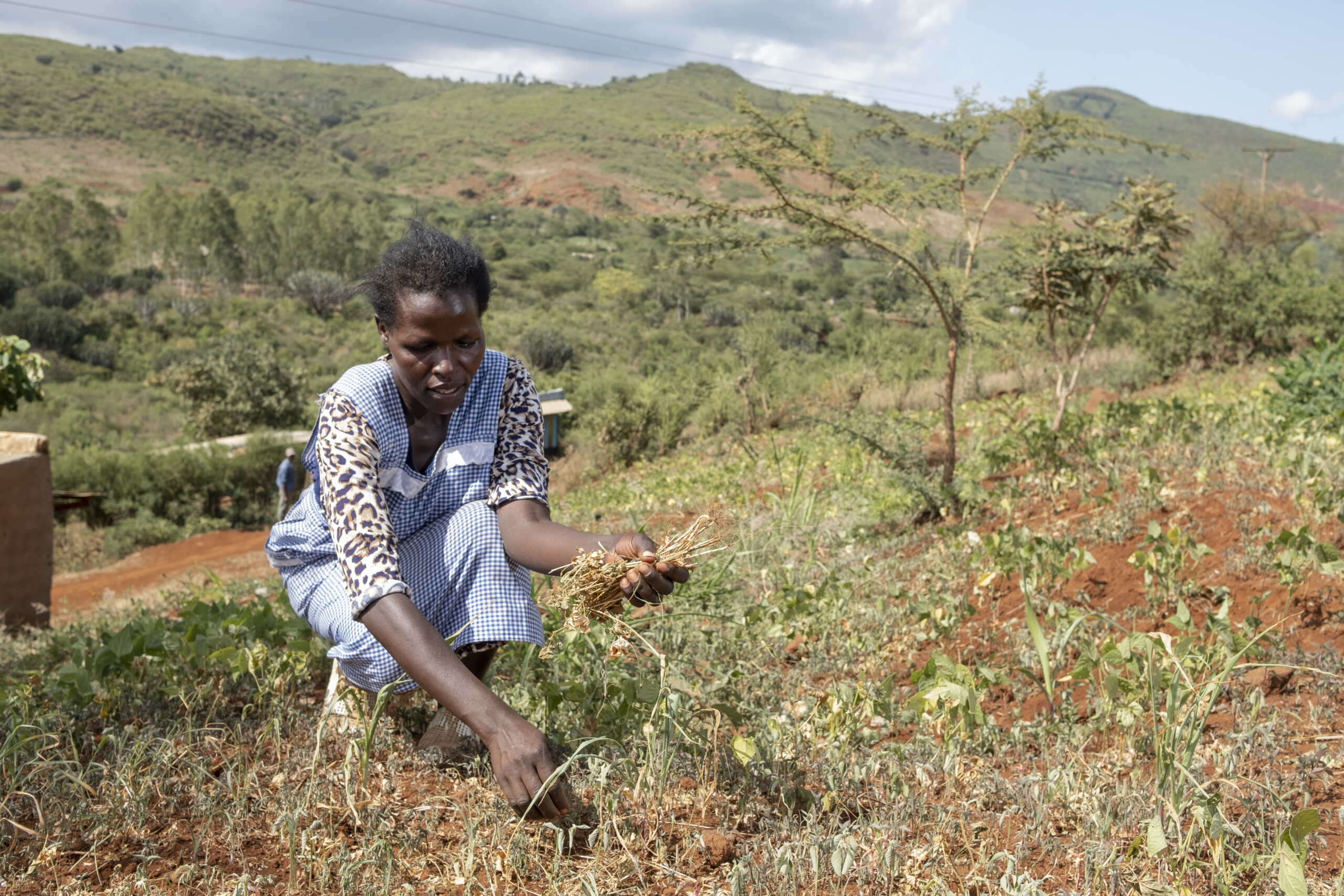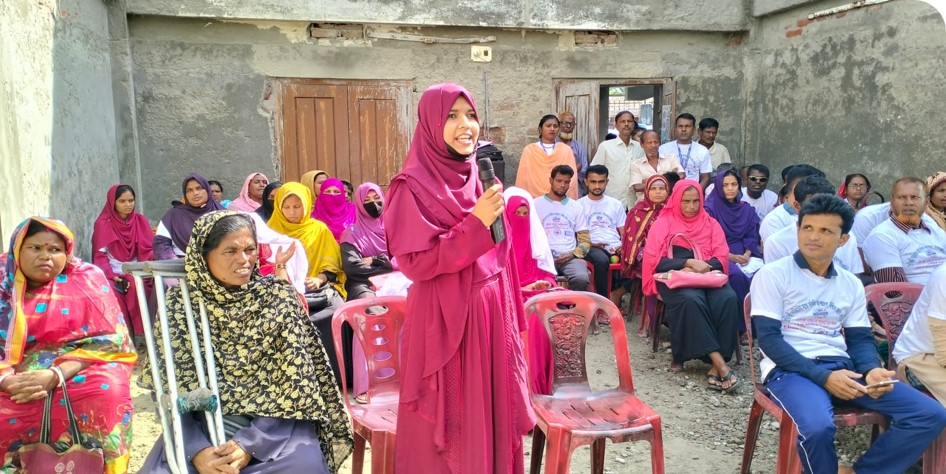Experiences of Persons with Disabilities in the COVID-19 Pandemic: Bangladesh, Bolivia and Nigeria
News | January 10, 2022
CBM Global in partnership with the Stakeholder Group of Persons with Disabilities are pleased to launch three country reports highlighting in more depth the impact COVID-19 has had on persons with disabilities in Bangladesh, Bolivia and Nigeria. The reports aim to reflect country progress a year after the pandemic. The findings are framed within future policy and programming in the areas of health, social protection, employment, livelihood and accessibility under the 2030 Agenda for Sustainable Development.
The country research in Bangladesh and Nigeria was led by research teams of persons with disabilities. The Bolivia research was completed remotely by a researcher with a disability in Guatemala. Each of the researchers committed to reaching the furthest behind in the disability movement. In total, across the three countries, 91 persons with disabilities were interviewed.
Many of the key findings remain similar to the 2020 research carried out by the Stakeholder Group of Persons with Disabilities over the experiences of persons with disabilities with COVID-19. The most common barriers that emerged from the 2020 research included: (1) lack of access to COVID-19 information for all persons with disabilities, (2) barriers in receiving social protection measures and employment, and (3) lack of disability inclusion in COVID-19 response and recovery efforts. Additionally, three recurrent themes emerged from the research: (1) the role of organisations of persons with disabilities, (2) lack of access to healthcare facilities, and (3) lack of disability data.
In the 2021 research, some new barriers emerged from the findings. The barriers below were universally experienced across the three countries.
- Remote working and social distancing caused problems for many organisations of persons with disabilities to carry out needed advocacy efforts. There were barriers in terms of interacting with their own membership and key decision makers, political representatives in national and local governments.
- The digital divide was prevalent across the three countries. Many respondents highlighted how they faced barriers in accessing digital technology in several ways: (1) in terms of accessibility of devices to persons with disabilities with different accessibility requirements, (2) lack of access to fast internet connections to download the most up to-date information, and (3) financial means to be able to purchase data packages to access regularly updated information on COVID-19.
- There were barriers in accessing social protection. Respondents shared challenges with how social protection systems were not able to respond to crisis situations and how persons with disabilities in receipt of social protection, found themselves unable to access any additional funding that came as a result of the crisis (this was particularly the case for Bangladesh and Nigeria).
- Lack of data on how many persons with disabilities had been infected or died because of COVID-19, and how many were impacted from a socio-economic perspective.
- There was no clarity on how persons with disabilities are included in vaccination programmes, which are severely limited due to lack of vaccines.
Access the Stakeholder Group of Persons with Disabilities COVID-19 Bangladesh report in Bangla
Access the Stakeholder Group of Persons with Disabilities COVID-19 Bangladesh report in Spanish
Summaries of the COVID-19 research findings from Bangladesh, Bolivia, and Nigeria will be presented on Tuesday, 22 June at 9:30 am – 10:30 am EDT/ 3:30 pm-4:30 pm CET. Register here for this webinar. Live captioning in English, IS interpretation, & Spanish interpretation will be provided. Please join the Stakeholder Group of Persons with Disabilities and the researchers to learn more.
Main Image: Members of WDMC (the local Disaster Management Committee trained by CBM partner CDD) and volunteers are conducting disinfection activities in Savar Municipality and create awareness among the community people on preventing COVID-19.
https://cbm-global.org/news/experiences-of-persons-with-disabilities-covid-19
Related News

One in Five Is Not Enough: The gains on Disability Inclusion have not gone far enough
One in Five Is Not Enough: The gains on...

COP30 Is a Turning Point for Disability-Inclusive Climate Action
As the world gathers in Belém, Brazil, from 10–21 November 2025 for COP30, the message from...

Achieving resilience for all requires funding disability inclusion in DRR
On International Day for Disaster Risk Reduction (DRR) 2025,...
